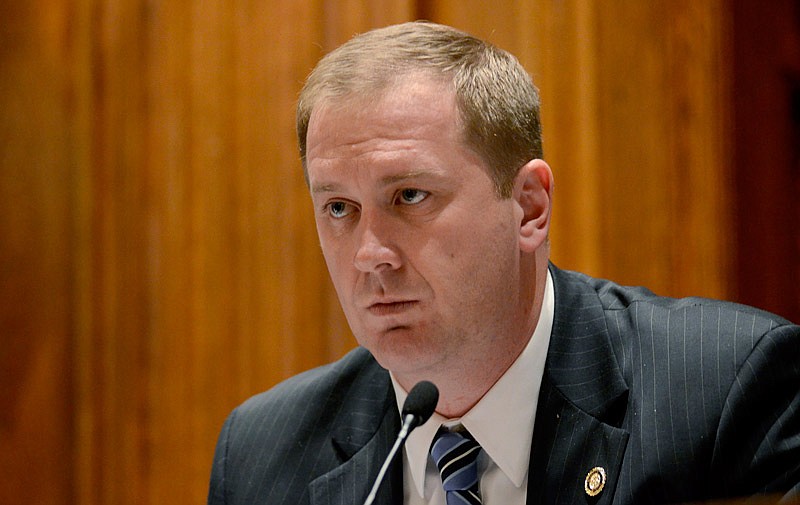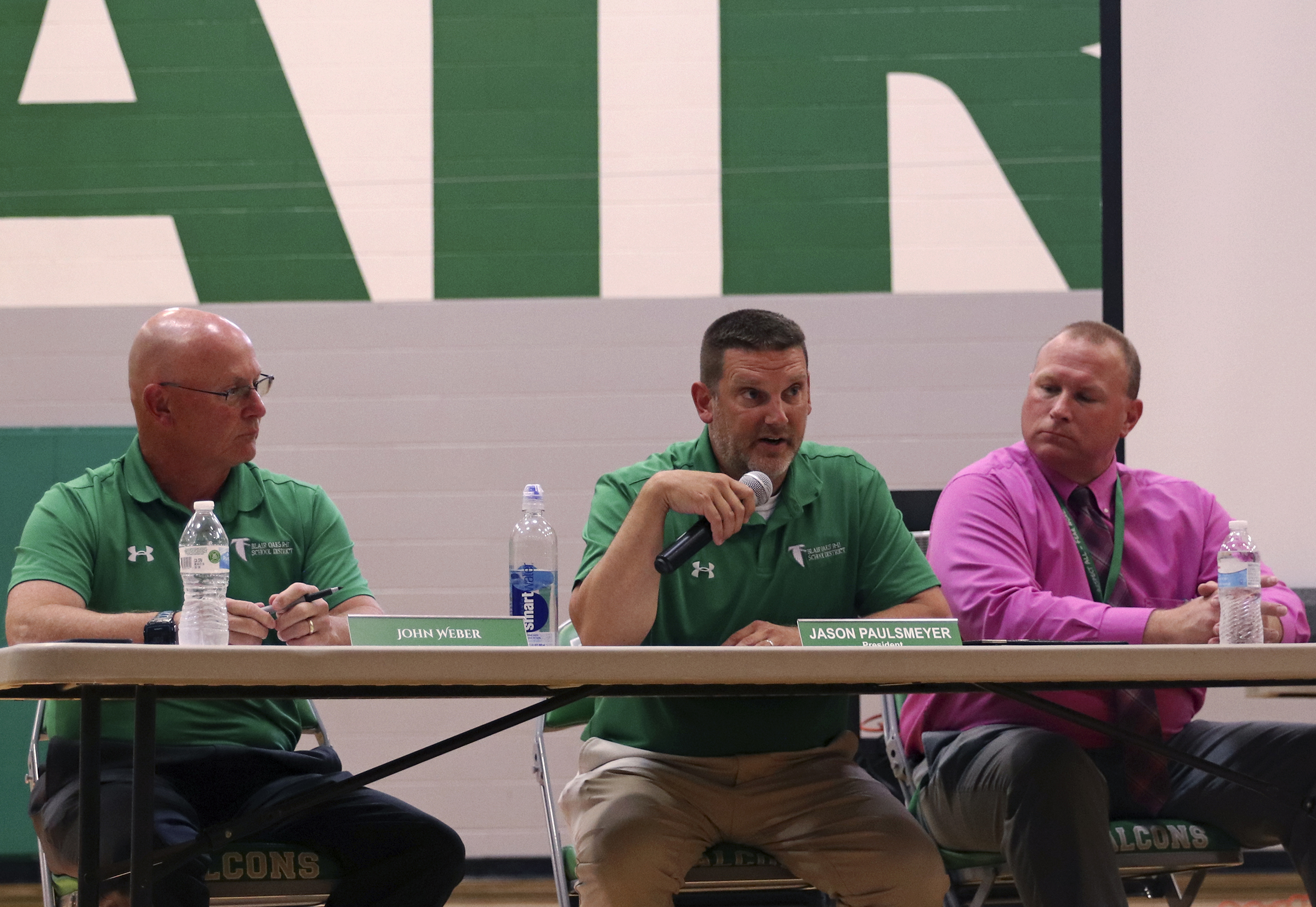A group of more than 20 state attorneys general, including Missouri's Eric Schmitt, obtained a preliminary injunction to stop federal guidance that would include "gender identity" in the sex discrimination prohibitions contained in Title VII and Title IX.
Those states argued the guidance deviated from Title IX's text and, for some, prevented them from enforcing their own state laws.
Title VII protects employees from discrimination on the basis of sex, among other categories. Similarly, Title IX prohibits discrimination within schools on the basis of sex.
The injunction document explained a background case, Bostock v. Clayton County, in which the Supreme Court ruled Title VII would prohibit an employer from firing someone for being gay or transgender. However, the Court said its decision was narrowly tailored and did not "purport to address bathrooms, locker rooms, (dress codes) or anything else of the kind."
In January 2021, President Biden issued an executive order referencing the Bostock case that would prevent discrimination "on the Basis of Gender Identity or Sexual Orientation."
The Department of Education and Equal Employment Opportunity Commission then issued guidance documents interpreting Title IX and Title VII to include protections for gender identity.
In June 2021, the U.S. Department of Education said it interpreted Title IX's prohibition of sex discrimination to include discrimination based on sexual orientation and gender identity, a position that has formed the basis for the stance adopted by the U.S. Department of Justice.
In August 2021, the plaintiff states filed a complaint "challenging the legality of the guidance documents" from the Department of Education and EEOC that followed the executive order, calling them unconstitutional, according to the document.
In September 2021, the attorneys general asked for a preliminary injunction that would prevent the enforcement of the guidance documents until the case is resolved. Ten of the states involved have said their state laws conflict with the guidance documents. For instance, several states have laws that allow students, teachers and employees to sue a school that allows a member of the opposite sex to enter a restroom if others are present, but the Department of Education's guidance says students should be allowed to use a bathroom aligning with their gender identity, according to the injunction document.
The court granted the plaintiffs' motion for preliminary injunction, meaning the Department of Education and EEOC are "restrained from implementing" their interpretation documents against the states that asked for the injunction, including Missouri.
The injunction will remain in place until the case is resolved or the court says otherwise.
In November 2020, the Blair Oaks Board of Education passed Policy 2115, which allows transgender students to choose a name and pronoun by which to be identified; dress according to their gender identity; and use restrooms that are gender-neutral, aligned with their "biological sex" or aligned with their "self-identified gender."
The policy came from template language from Missouri Consultants for Education that has been used at other districts across the state.
The policy came under fire after a resident-submitted May letter to the editor published in the News Tribune criticized the policy and the way it was passed.
In response to the questions and comments it was receiving about the policy, the Blair Oaks School Board held an "extended public comment" session in which more than 20 people spoke both for and against Policy 2115. Following their comments, the board and attendees heard from the school district's lawyer, Margaret Hesse, who outlined related cases.
One of those cases was Bostock v. Clayton County, which is cited in the injunction document. The cases Hesse covered included rulings that gender and sexual orientation discrimination constituted discrimination based on sex, a principal that is central to the guidance documents being challenged in this case.
Blair Oaks School Board President said he'd personally been following the case involving the attorneys general and the education department and EEOC, though the board as a whole had not discussed it yet. The case, he said, "highlights the difficult circumstances" boards find themselves in as they seek to make decisions that comply with both state and federal law that can sometimes be "rapidly evolving."
Paulsmeyer said it's a conundrum, and it means boards must stay up to date on the latest legal cases that could change how the law is interpreted and enforced.
The final determination on Policy 2115 has not yet been made. Paulsmeyer said the policy should be on the agenda for the board's August meeting.


